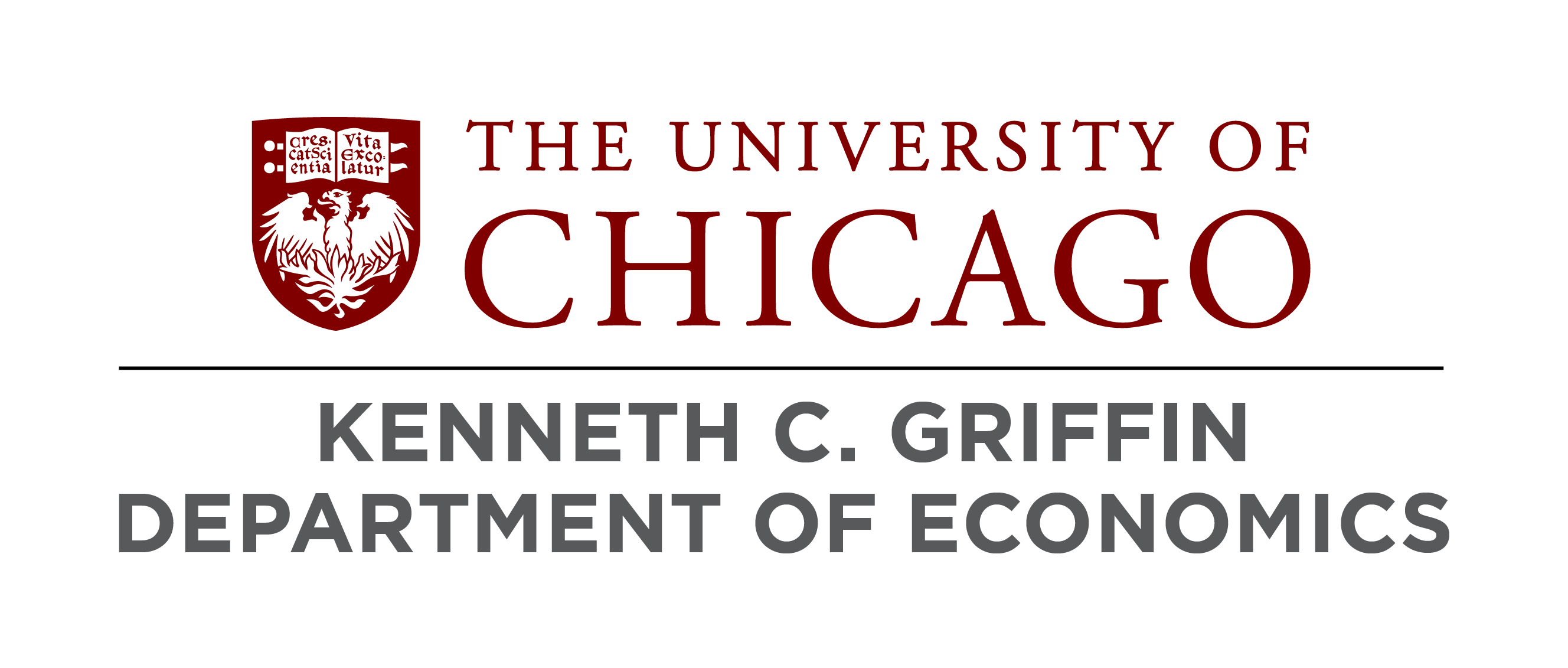
Primary Research Focus: Development Economics and Environmental Economics
References: Michael Greenstone, Michael Kremer, Michael Dinerstein
Job Market Paper Title: "The Welfare Implications of School Voucher Design: Evidence from India"
Sahai Personal Website
Harshil Sahai's Personal Website
Harshil Sahai's CV
Recent Research / Recent Publications
Abstract
While school voucher policies are common, their design varies dramatically across the world. This paper studies the impact of these design choices on students, schools, and overall welfare using novel data from India – the largest primary school voucher program in the world – where schools must participate, cannot charge extra fees, and receive payments linked to their tuition. Voucher lotteries suggest recipients benefit from lower tuition expenses and greater school choice. However, because school payments are linked to tuition, schools respond by raising tuition fees, impacting millions of children who do not receive vouchers. To understand the policy’s full equilibrium impact, the paper develops a model of demand and supply in which students’ enrollment choices and schools’ price and quality decisions are endogenous to voucher design. On net, welfare estimates based on revealed-preference show that the policy’s benefits exceed costs (1.5 to 1), while also reducing measures of segregation. A failure to account for the impacts to non-recipients, however, would have overstated the benefit-cost ratio by a factor of two (2.9 to 1). Finally, changing the policy design has large implications: allowing schools to charge extra fees or opt out would substantially reduce its net benefits, while switching to a “flat” voucher would substantially increase them.
 THE UNIVERSITY OF CHICAGO
THE UNIVERSITY OF CHICAGO

